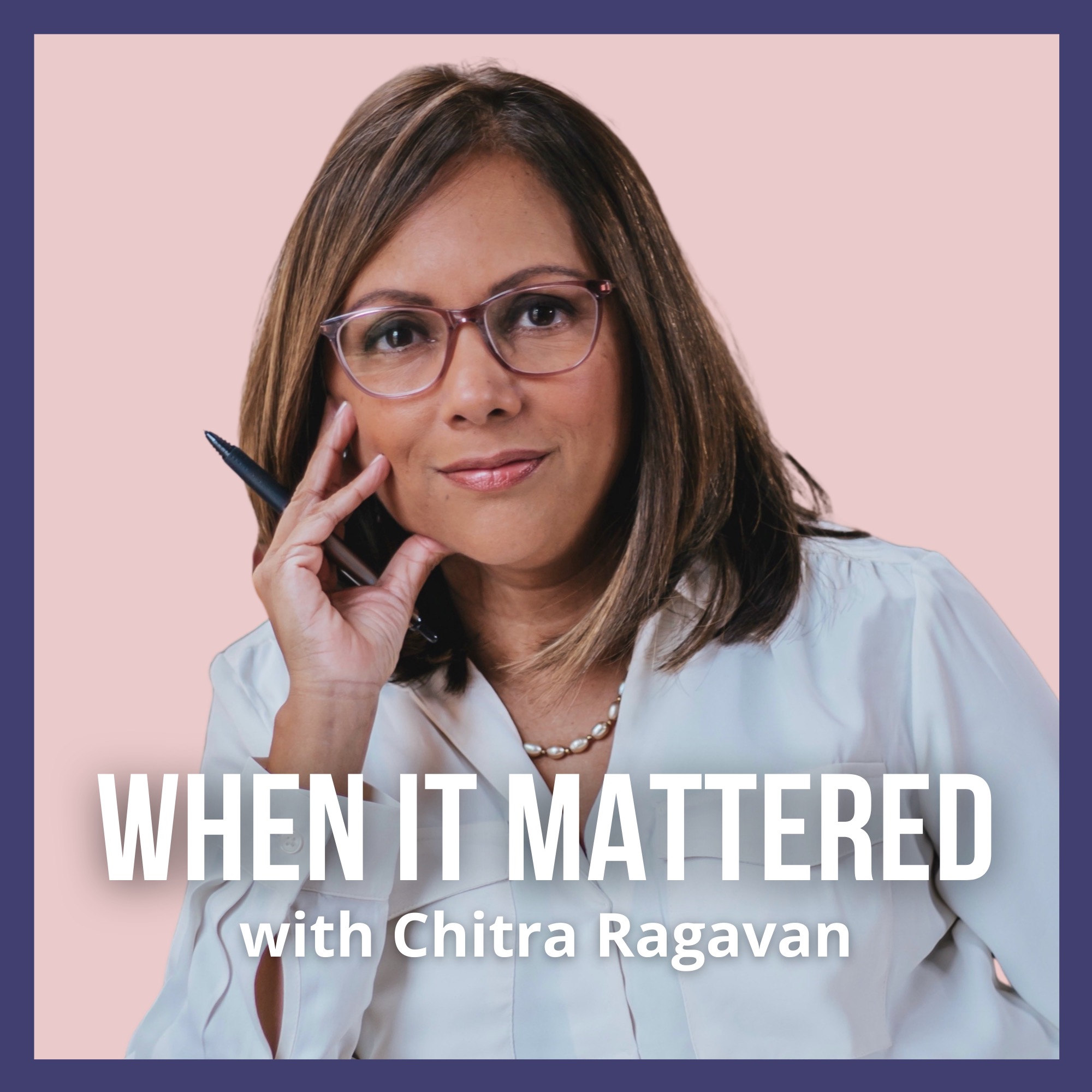Terrence Franklin

Ep. 13 — Uncovering a pre-Civil War era will takes an estate lawyer deep into his family’s history with slavery and helps him come to terms with his sexual identity / Terrence Franklin, Sacks, Glazier, Franklin & Lodise, LLP. For nearly a quarter century, Terrence Franklin practiced trust and estate litigation, not knowing how his expertise would reshape his own life some day. Then, a family reunion took Franklin deep into his family history. At that event, Franklin noticed snippets of names and words taken from what appeared to be the last will and testament of a slave owner named John Sutton, freeing Franklin's fourth great grandmother, Lucy Sutton, and her children and grandchildren. Franklin made note of it and then got on with his life. But he could never forget those cursive words. Years later, Franklin traced the original will and found the poignant and untold story of his family’s emancipation from slavery, nearly two decades before the end of the Civil War. Uncovering his family history transformed Franklin’s mission as a trust and estate lawyer and in the most unexpected way, also helped him reconcile with his sexual identity. Transcript Download the PDF Chitra Ragavan: Hello and welcome to When it Mattered, a podcast on how leaders are forged in critical moments and how they overcome adversity. I'm Chitra Ragavan. This episode is brought to you by Goodstory, an advisory firm helping technology startups find their narrative. My guest today is Terrence Franklin. He's a partner at the law firm, Sacks Glazier Franklin & Lodise. Franklin is a seasoned attorney with more than two decades of experience handling trust and estates litigation. His depth and breadth of expertise on estate matters became of great importance when he found and traced the last Will and Testament that freed his fourth great-grandmother and her children and grandchildren. The will helped Franklin uncover the poignant and untold story of his family's emancipation from slavery nearly two decades before the end of the Civil War and it transformed his mission as a litigator. And in an unexpected twist, that story of emancipation also helped Franklin come to terms with his own journey as an African American gay man searching for his identity. Terry, welcome to the podcast. Terrence F.: Thank you, Chitra. It's a pleasure to be here with you. Chitra Ragavan: Your moment of adversity came at a relatively young age in 1983. How old were you and what happened? Terrence F.: I was just about almost 20 years old, but I had studied abroad and I came back and I'd had a relationship with someone in France and my brother found a letter that suggested to him that perhaps I was gay. And being from an African American family on the South side of Chicago, Christian family, we really didn't believe in homosexuality or that it was appropriate. And my brother told my parents, doing what he thought was the right thing to do for which was best for us as Christians. And they confronted me and asked me about that. And I had to take a moment to try to understand what I could be and how I could move forward with my life. And in that moment of trying to figure out how I could succeed and be a person of substance because I didn't really have any role models who were African American and gay who were successful. I chose to say that I was bisexual. Terrence F.: Looking back on it today, I understand that bisexuality is something different. But for me in that moment, this was sort of my way of acknowledging some truth to what my family was saying to me, and also preserving the possibility that I could somehow move forward, continue with my education and be successful. Chitra Ragavan: So that intervention really was a really transformative moment in your life. What happened after that? Terrence F.: It was a transformative moment because without really setting out to do so, I then sort of was in the process of trying to figure ...